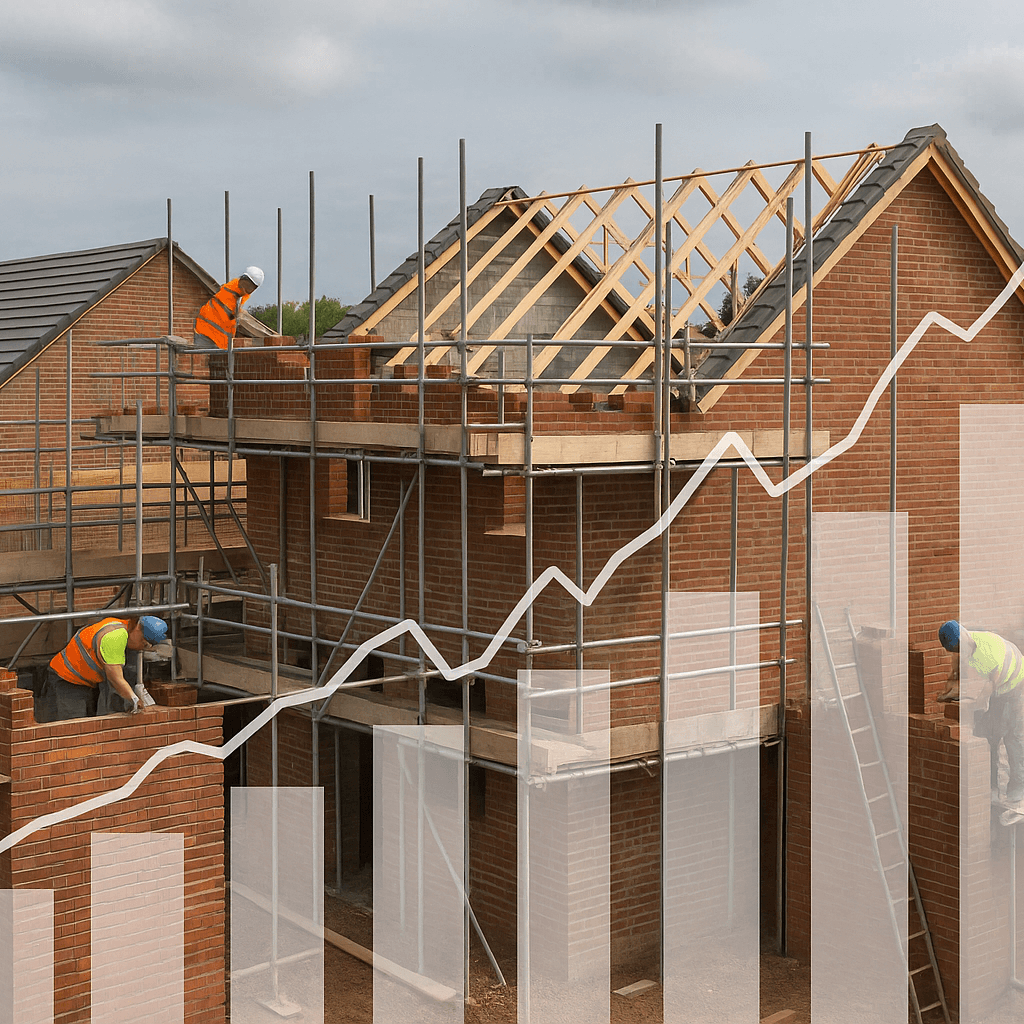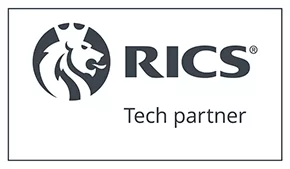Sustainability in construction involves the adoption of building practices that significantly reduce or eliminate the negative impact of construction projects on the environment and occupants. This comprehensive approach addresses the efficient use of resources, waste reduction, enhancement of environmental quality, and consideration of the entire life cycle of a building project, from design through demolition.
Key Principles:
- Efficient Resource Use: Utilising materials and energy in ways that minimise waste and reduce consumption.
- Waste Reduction: Implementing practices that decrease the amount of construction waste sent to landfills.
- Environmental Quality: Enhancing air, water, and soil quality through sustainable building methods.
- Life-Cycle Consideration: Evaluating the environmental impact of a building over its entire life span, from initial design to eventual demolition.
Sustainable Construction Methods:
- Renewable Materials: Using sustainable, renewable, or recycled materials that have a lower environmental impact.
- Energy-Efficient Design: Incorporating designs and technologies that reduce energy consumption, such as insulation, efficient HVAC systems, and renewable energy sources like solar panels.
- Water Conservation: Implementing techniques that reduce water usage, such as rainwater harvesting, low-flow fixtures, and efficient irrigation systems.
- Green Spaces: Integrating green roofs, walls, and other green spaces to improve air quality, reduce heat island effects, and provide recreational areas.
Benefits:
- Environmental Protection: Reducing the ecological footprint of construction activities and preserving natural resources.
- Cost Savings: Lowering operational costs through energy and water efficiency.
- Enhanced Well-Being: Creating healthier living and working environments that contribute to the well-being of occupants.
- Community Contribution: Building structures that positively impact their communities and promote sustainable development.




